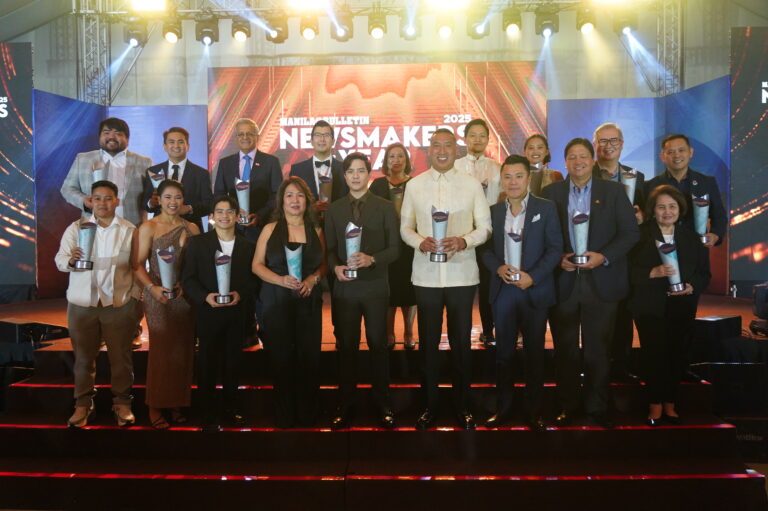Linamnam chef Don Baldosano, an occasional contributor to the Manila Bulletin, waxes lyrical about how time has ripened the fruit that is Philippine cuisineLife is infinitely better today compared to how it was, say, a century ago, or in war-torn Philippines 80 years ago, or even 50 years ago when insurgency made so many places …
Linamnam chef Don Baldosano, an occasional contributor to the Manila Bulletin, waxes lyrical about how time has ripened the fruit that is Philippine cuisine
Life is infinitely better today compared to how it was, say, a century ago, or in war-torn Philippines 80 years ago, or even 50 years ago when insurgency made so many places across the Philippines inaccessible.
This is not just because we can now pursue our dreams and embrace a lifestyle once confined to imagination, but also since the anxieties surrounding the uncertainties of tomorrow, the Cold War of the 1980s, for instance, have become a thing of the past.
My passion for immersing myself in the diverse lifestyles and cultures of the Philippines would have been nearly impossible back then. Imagine the challenges I would’ve faced trying to learn from the different provinces.
There’s the language barrier, the potential miscommunication with the locals from whom I seek to understand many things and with whom I seek to connect—individuals who are both very welcoming and genuinely curious about my inquisitive presence these days.
In search of rare and forgotten ingredients in remote forests, there’s the risk of getting lost and even encountering members of the New People’s Army (NPA).
The true possibilities of our cuisine, once obscured, are now revealed through the lens of modernity.
Today, I can just travel to an unacknowledged part of the country, immerse myself in the food culture, and not even get asked why.
My curiosity in food is now generally accepted and welcomed. Now, locals would often be proud that someone is trying to highlight them. Had I done this years ago, I would’ve gotten a stern question “Why are you here?”
Life is substantially better for my cause of discovering the unsung dishes and ingredients of the country. Researching our culture and Filipino food would have been a hundredfold harder without the thousands of references, books, and research papers now available.
One major difference from the past is that our countrymen once looked at food only as nourishment while foreigners viewed it as a dizzying mishmash brought about by our different colonial masters.
Years of research have revealed our unique culinary identity, establishing it as a distinct and emerging cuisine globally.
This makes my goal of showcasing its potential far easier than it would have been in the past.






